The Sofia zoo is the oldest and biggest zoo on the Balkan Peninsula, with 2,150 animals of 237 species, 29 of which are endangered.
Even at this time of isolation visitors here are allowed to stroll along the pathways of the park and around the open-air enclosures every day from 8.30 AM until 4.30 PM. All visitors must wear masks and keep a safe distance.
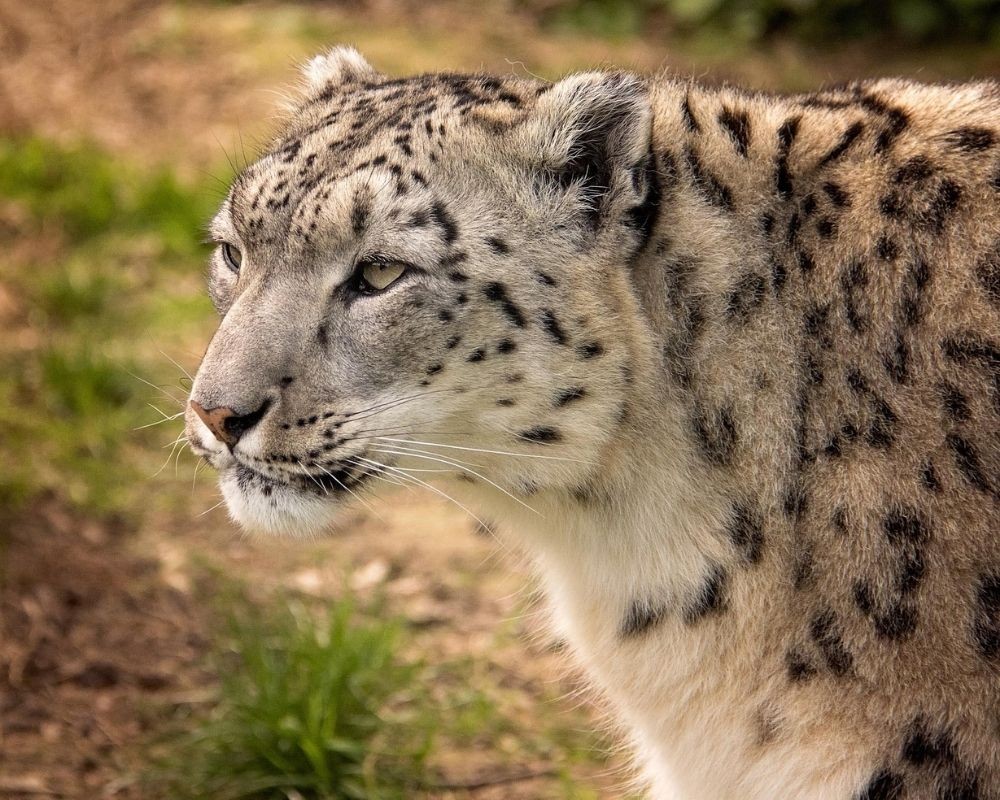
The cold winter months are actually a good time for some zoo animals because they come from northern latitudes and are well adapted to life in snow and low temperatures. One such animal is the Siberian tiger, but also the swans and the geese, and the snow leopard, a new arrival at the zoo.
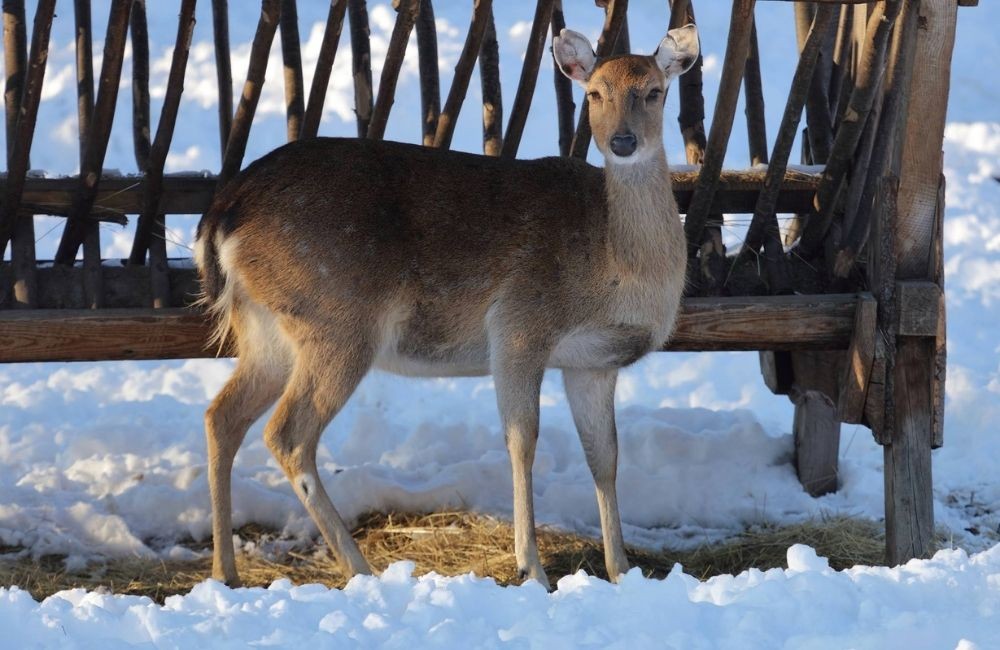
The European animal species, like wolves, jackals, deer, foxes, birds of prey and ravens are also well adapted to winter.
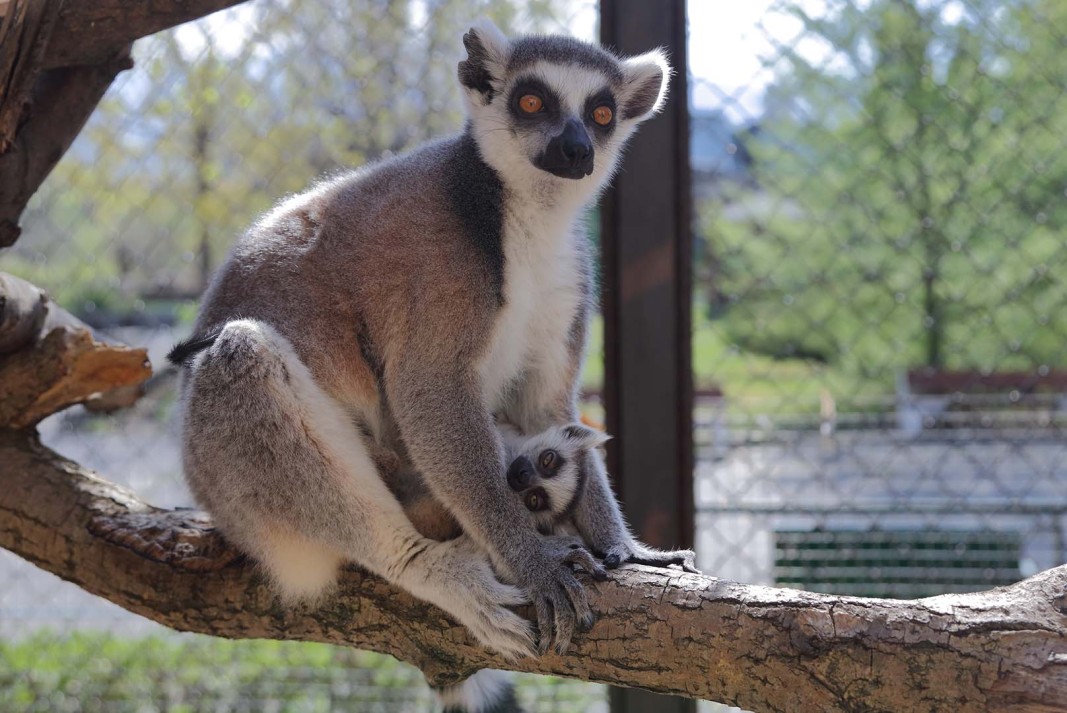
What children love best is the primate house, recently renovated and officially opened in the autumn. Now, due to the anti-epidemic measures, visitors only have access to the open spaces of this sector.
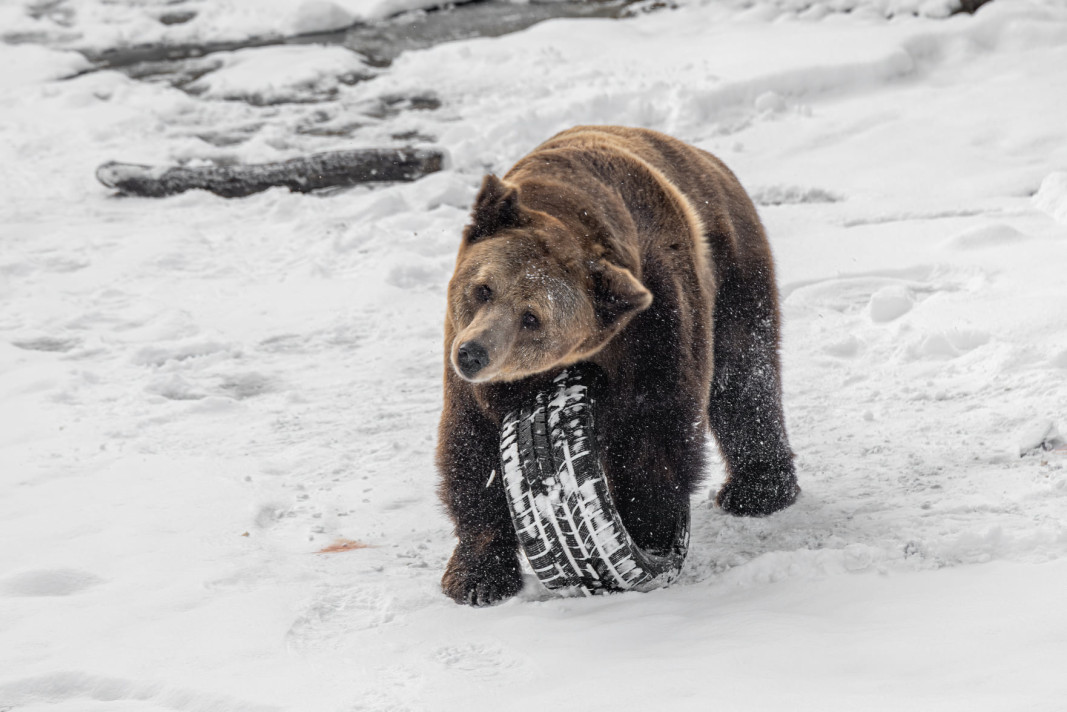
There are three brown, two American black bears and one Himalayan bear in the bear house, but by December they are in hibernation. With the exception of the sloth bear Liam whose species is thermophilic. During the cold months Liam will have free rein of the well-heated interior spaces.
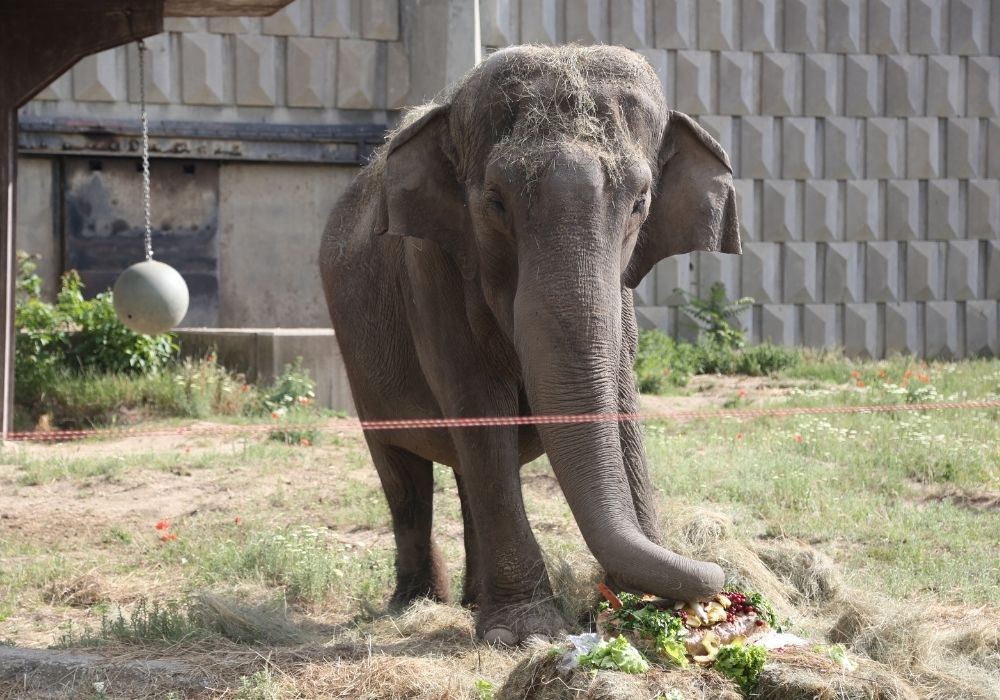
The giants of the zoo – the she-elephant Arteida, the white rhino Choko, the hippopotamus Norman and the pygmy hippopotamus Emilio – also have all the “furnishings” they need for a comfortable life in winter. They only go outdoors in mild weather, and that is when they can be seen by visitors to the zoo, as access to the interior spaces is restricted due to Covid-19.
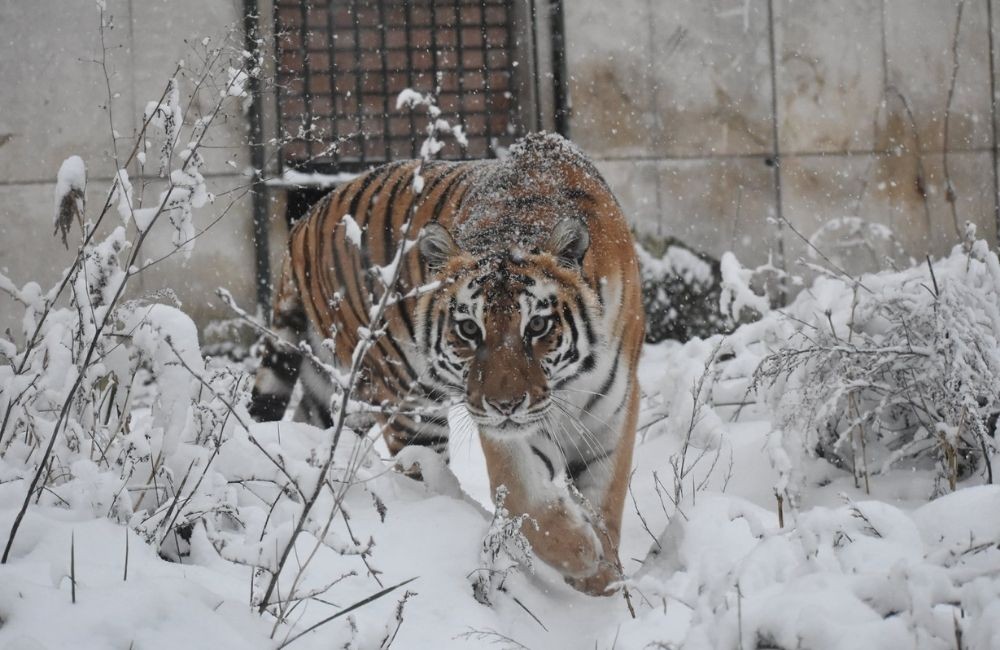
Recliners with built-in heating and infrared heat lamps make life comfortable for the big cats – tigers, leopards and jaguars.
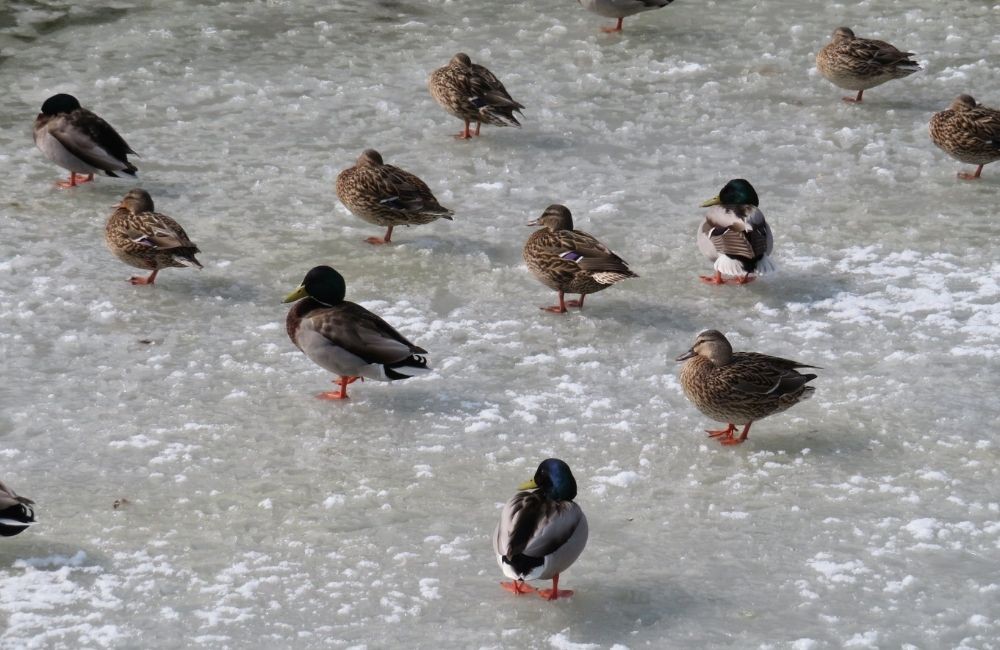
Special “greenhouses” are home to the denizens of the water bird pond, and a pump at one end of the pond ensures the circulation of water to make sure it does not freeze over.
Compiled by Elena Karkalanova
Photos: zoosofia.eu,BGNES, Facebook/ Sofia Zoo
After almost 80 years, a new breeding colony of the endangered Dalmatian pelican has appeared in Bulgaria . The birds have settled on artificial islands built by the Bulgarian Society for the Protection of Birds (BSPB) in the Mandra-Poda Complex, a..
On 25 January 1935, Tsar Boris III signed the decree establishing the Bulgarian National Radio. The document, which officially marked the beginning of "Radio Sofia", as the Bulgarian National Radio (BNR) was then called, made radio broadcasting in Bulgaria..
The Federation of European Carnival Cities has declared Pernik a global center of masquerade traditions. 16 years ago, Prenik was named the European Capital of Sourvakar and Mummer Traditions, and nearly 10 years ago, the Surva festival was..
After almost 80 years, a new breeding colony of the endangered Dalmatian pelican has appeared in Bulgaria . The birds have settled on artificial islands..

+359 2 9336 661
